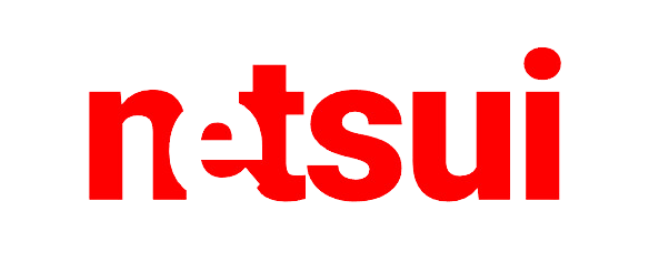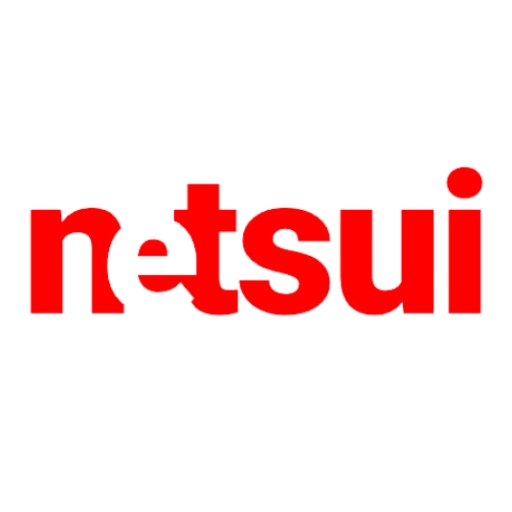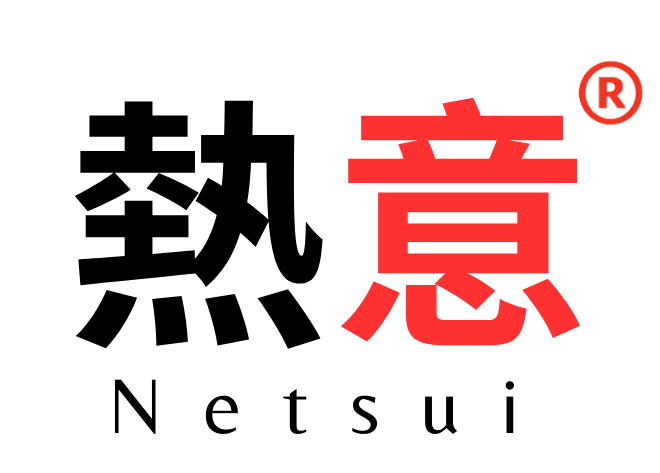

system

Full Stack Development Program
Duration: 2 Months
Course Type: Offline Sessions
Our Full Stack Development Training Program is intricately crafted for professionals and enthusiasts who aspire to acquire comprehensive knowledge and practical skills in the dynamic field of Full Stack Development. This specialized course transcends basic principles, immersing participants in advanced concepts and the latest technologies to empower them with the expertise necessary to architect and build end-to-end web applications. Through hands-on learning experiences, participants will gain proficiency in both front-end and back-end development, ensuring they acquire the versatile skill set required to create sophisticated and seamless full-stack solutions.
Key Features
- 100% Job Assistance: Candidates admitted to the training program will receive comprehensive support in securing employment opportunities with top embedded systems companies.
- Comprehensive Curriculum: A carefully crafted curriculum covering essential theoretical knowledge and hands-on practical skills in the chosen field.
- Expert Instruction: Training led by experienced instructors and industry experts, offering in-depth insights and real-world examples to enhance learning.
- Hands-on Experience: Practical, hands-on sessions and projects allowing participants to apply the learned concepts in real-world scenarios, reinforcing understanding and skill development.
- Interactive Learning: Engaging workshops, group discussions, and interactive sessions fostering collaboration, problem-solving, and knowledge exchange among participants.
- Industry-Relevant Content: Training content designed to align with current industry trends, best practices, and emerging technologies, ensuring participants receive relevant and up-to-date knowledge.
- International Projects: Opportunities to work on International projects or case studies, allowing participants to apply their skills to solve practical challenges and build a portfolio of work.
Key Topics
Full Stack Development is a comprehensive field that covers a wide range of topics, encompassing both front-end and back-end technologies, as well as other essential aspects of web development. Here are key topics that are typically covered in Full Stack Development:
- Front-End Development:
- HTML, CSS, JavaScript: Fundamentals of building the structure, styling, and behavior of web pages.
- Responsive Web Design: Techniques to create web applications that work seamlessly on various devices and screen sizes.
- Front-End Frameworks: Understanding and using popular frameworks such as React, Angular, or Vue.js for efficient development.
- Back-End Development:
- Server-Side Programming Languages: Learning languages like Node.js (JavaScript), Python, Ruby, Java, or PHP for server-side development.
- Web Servers: Configuring and managing servers, understanding server deployment and optimization.
- Databases: Working with databases such as MySQL, MongoDB, or PostgreSQL, including database design and querying.
- Database Management:
- Relational Database Management Systems (RDBMS): Understanding and working with SQL databases for structured data.
- NoSQL Databases: Exploring non-relational databases like MongoDB for handling unstructured or semi-structured data.
- APIs (Application Programming Interfaces):
- RESTful APIs: Designing and consuming RESTful APIs for communication between front-end and back-end.
- GraphQL: Understanding and using GraphQL for more efficient and flexible data queries.
- Version Control/Git:
- Learning version control concepts and using Git for tracking changes, collaboration, and managing code versions.
- Web Application Architecture:
- Understanding the architecture of web applications, including client-server architecture and the Model-View-Controller (MVC) pattern.
- Authentication and Authorization:
- Implementing user authentication and authorization mechanisms, including OAuth and JWT.
- Deployment and Hosting:
- Deploying applications on cloud platforms like AWS, Azure, or Heroku.
- Configuring domain names and understanding web hosting services.
- DevOps and Continuous Integration/Continuous Deployment (CI/CD):
- Implementing DevOps practices for streamlining development, testing, and deployment processes.
- Setting up CI/CD pipelines for automated testing and deployment.
- Security Best Practices:
- Understanding common security threats and implementing best practices for secure coding.
- Using HTTPS, encryption, and other security measures to protect data.
- Testing:
- Unit testing, integration testing, and end-to-end testing for ensuring the reliability of applications.
- Frameworks and Libraries:
- Exploring and utilizing various full-stack frameworks and libraries to enhance development efficiency.



